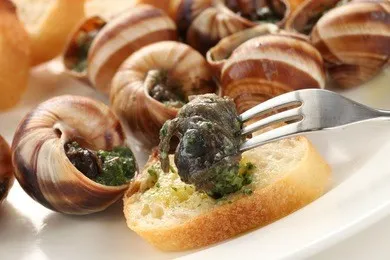Six months ago, my aunt was diagnosed with high blood lipids. Determined to find a natural remedy, she scoured the internet for tips and came across a claim that peanuts could lower blood lipids. Encouraged, she bought a large bag of peanuts and began incorporating them into her diet.
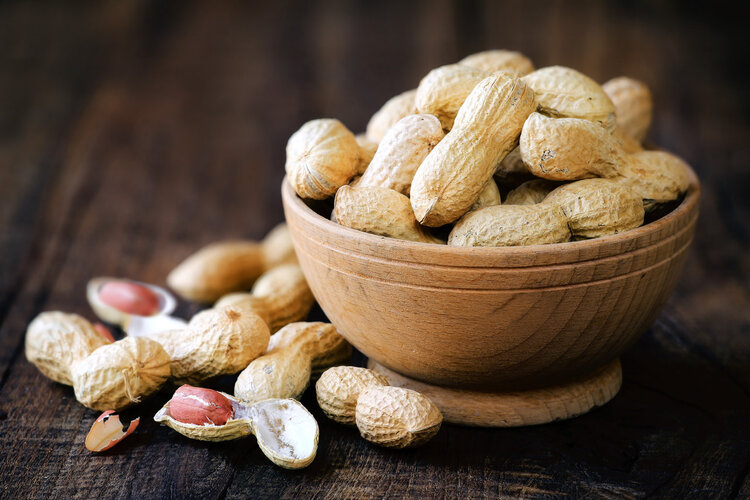
Her husband was skeptical, arguing that peanuts are high in fats, which could clog arteries and worsen cardiovascular health. This disagreement led to frequent debates: are peanuts beneficial or harmful to cardiovascular health?
Are Peanuts Beneficial or Harmful to Cardiovascular Health? Harvard Research Provides Answers
Cardiovascular diseases often result from excessive fat in the body, leading to its accumulation in blood vessels, increasing blood viscosity, and slowing down blood flow. Since peanuts are rich in fats and proteins, many assume they could trigger cardiovascular issues.
However, Dr. Zhi Jiehua, Associate Chief Physician of Gastroenterology, clarifies that this notion is incorrect. The fats in peanuts are mostly monounsaturated and polyunsaturated fatty acids, which are linked to reducing bad cholesterol, increasing good cholesterol, and improving blood lipid profiles, potentially preventing cardiovascular diseases.
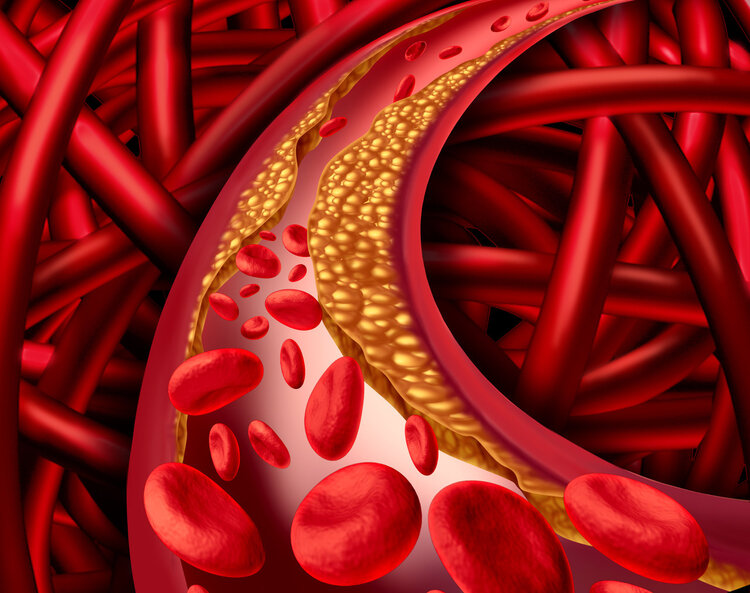
A study published by the American Heart Association supports this. Researchers followed over 74,000 Japanese adults aged 45-74 for approximately 15 years, examining their lifestyle and peanut consumption frequency. They found that eating an average of four peanuts daily was associated with a 20% reduction in ischemic stroke risk, a 16% reduction in total stroke risk, and a 13% reduction in cardiovascular disease risk compared to those who did not eat peanuts.
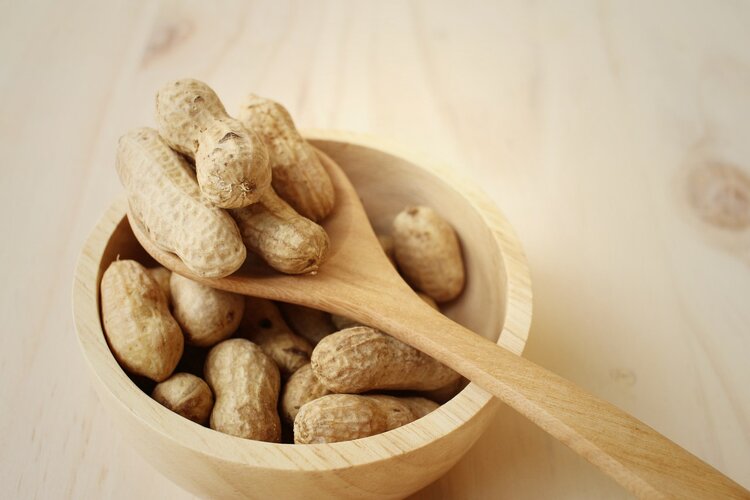
Similarly, a study by Harvard University found that incorporating peanuts into the diet in place of refined grains could reduce the risk of cardiovascular diseases in individuals with metabolic syndrome. Besides cardiovascular benefits, peanuts also promote brain health, delay aging, increase satiety, and lower the risk of colorectal cancer. Dietary guidelines recommend that adults consume about 10g of nuts daily, roughly equivalent to 12 peanuts.
While Beneficial, Peanuts Aren't for Everyone
Dr. Su Lanting, a PhD in Nutrition and Food Hygiene, advises that despite their health benefits, peanuts are not suitable for everyone. Certain groups should avoid peanuts:
- High Uric Acid/Gout Patients: Peanuts are high in purines and fats, which can increase the risk of gout in individuals with purine metabolism disorders.
- Obese/High Blood Lipid Individuals: As a high-calorie food, peanuts can exacerbate conditions in people with obesity or abnormal blood lipids.
- Liver and Gallbladder Disease Patients: Peanuts' fats require bile for digestion. Patients with liver and gallbladder diseases may struggle to secrete enough bile, leading to digestive issues like diarrhea.
- Chronic Kidney Disease Patients: With 24-36% protein content, peanuts are high-protein foods. Patients with kidney disease may find it difficult to metabolize this protein, adversely affecting their health.
Peanuts: Different Preparations, Different Benefits
Peanuts are versatile, and different preparations can enhance their health benefits.
Eating with Skin Dr. Han Ping, Chief TCM Physician, suggests that the red skin of peanuts can nourish the spleen and stomach, promoting blood production and circulation.
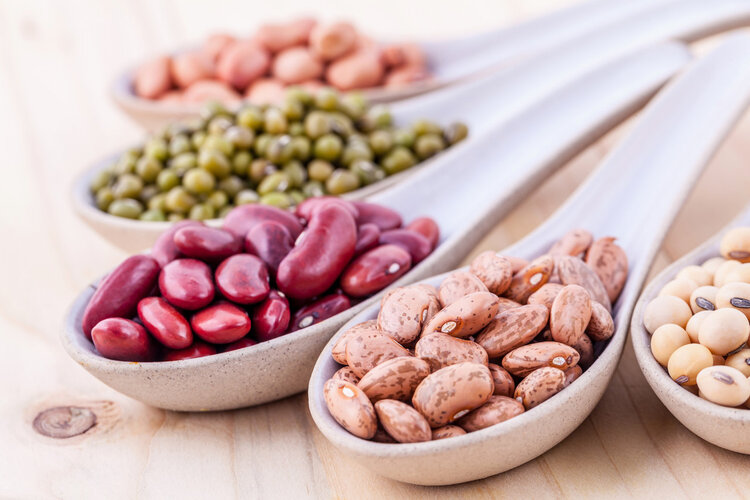
Eating Peanut Sprouts National Nutritionist Shu Lanting recommends peanut sprouts for those who dislike peanuts. They are high in vitamins and low in fats, making them suitable for individuals with obesity or high blood lipids.
Eating for Acid Reflux For those who experience acid reflux or belching, peanuts can help. Nutritionist Gao Sui Sui states that the proteins and fats in peanuts can neutralize stomach acid and promote gastric juice secretion, inhibiting acid production.
Peanut Porridge National Nutritionist advises that combining peanuts with mulberry leaves in porridge can effectively relieve constipation.
Vinegar Peanuts Dr. Li Chunshen from Tianjin University of Traditional Chinese Medicine suggests that vinegar peanuts, rich in linoleic acid, can promote cholesterol breakdown and bile secretion, reducing cholesterol levels. Zinc in peanuts also has anti-aging properties, benefiting those with hypertension and arteriosclerosis.
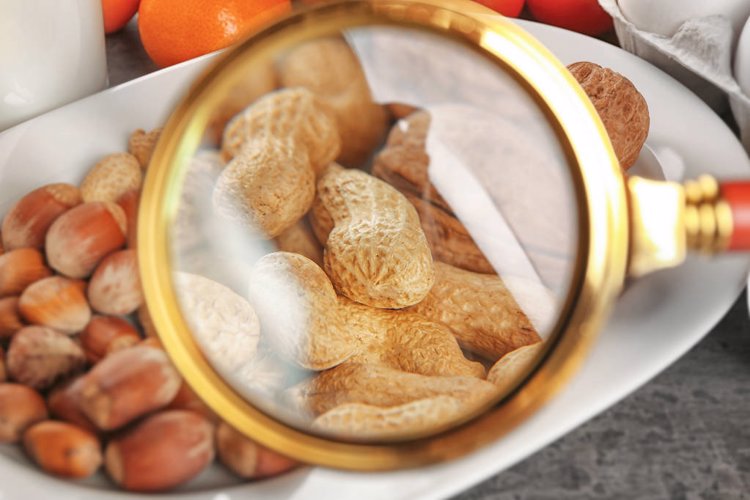
Conclusion
Consuming peanuts in moderation can offer numerous health benefits. However, it's essential to consider individual health conditions before incorporating peanuts into your diet. Special populations should exercise caution and avoid peanuts if necessary.
(Images from the internet)

